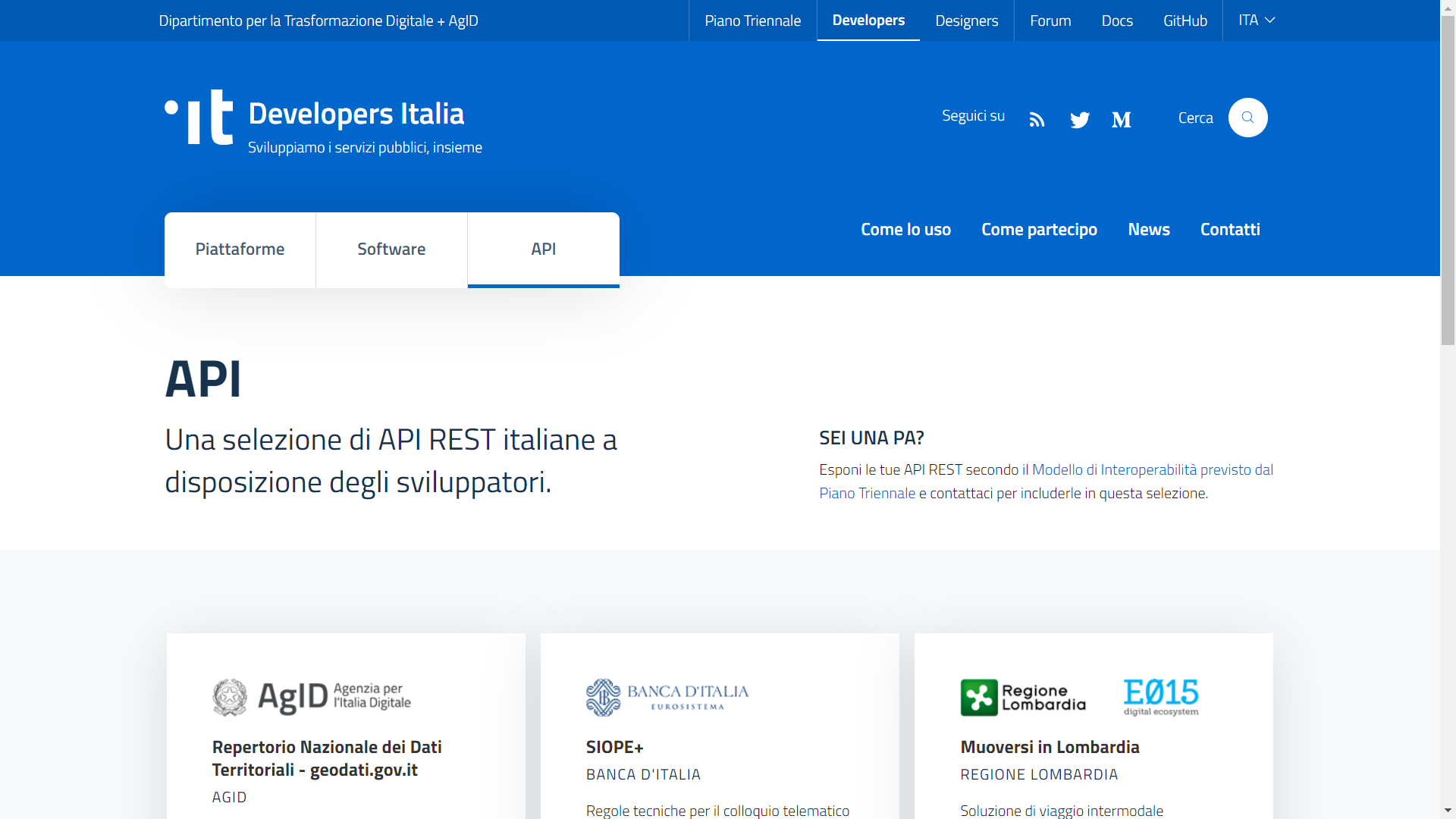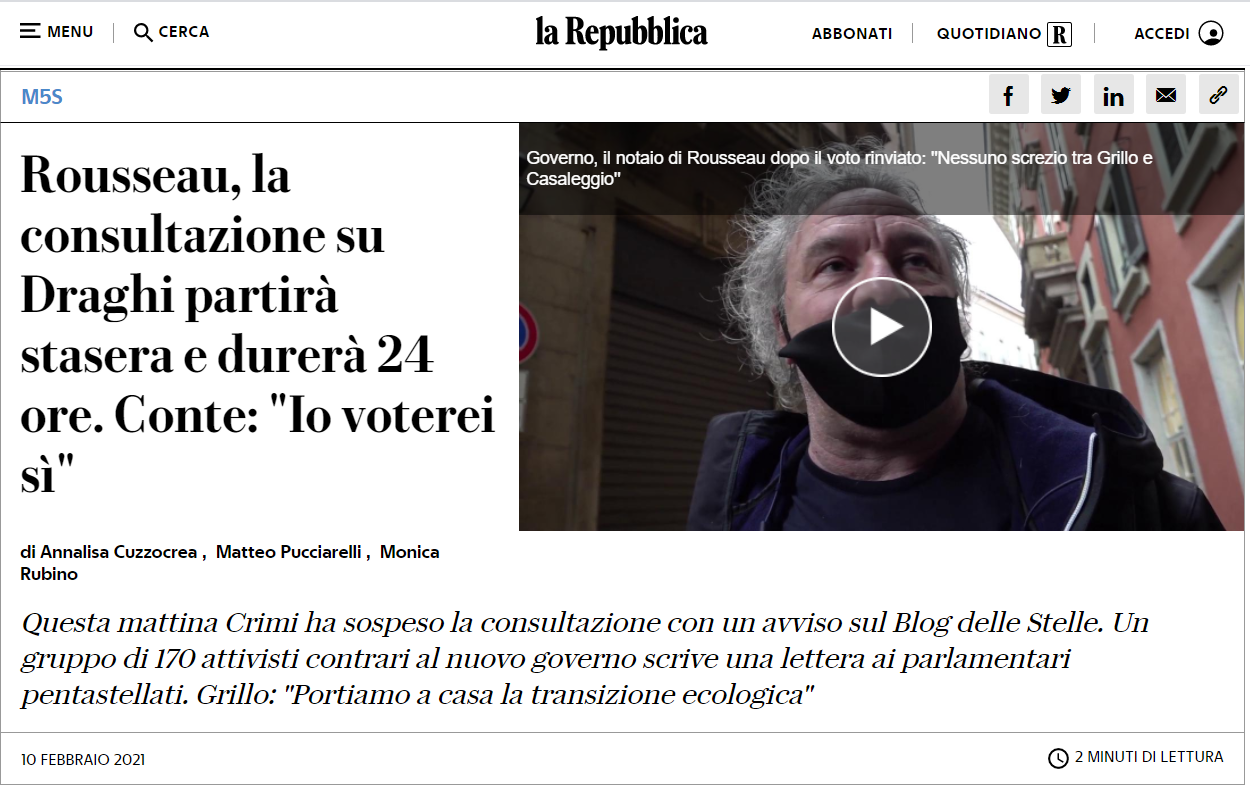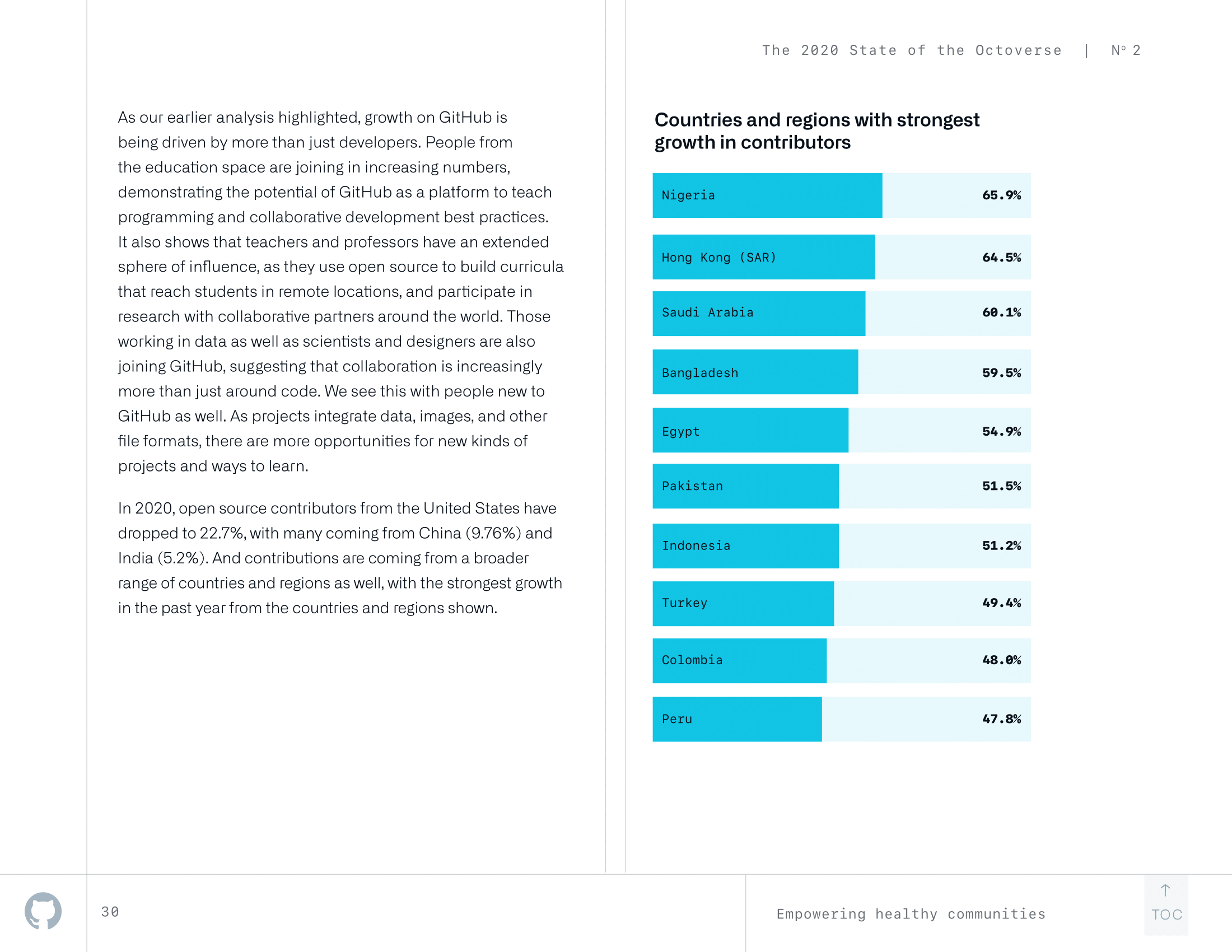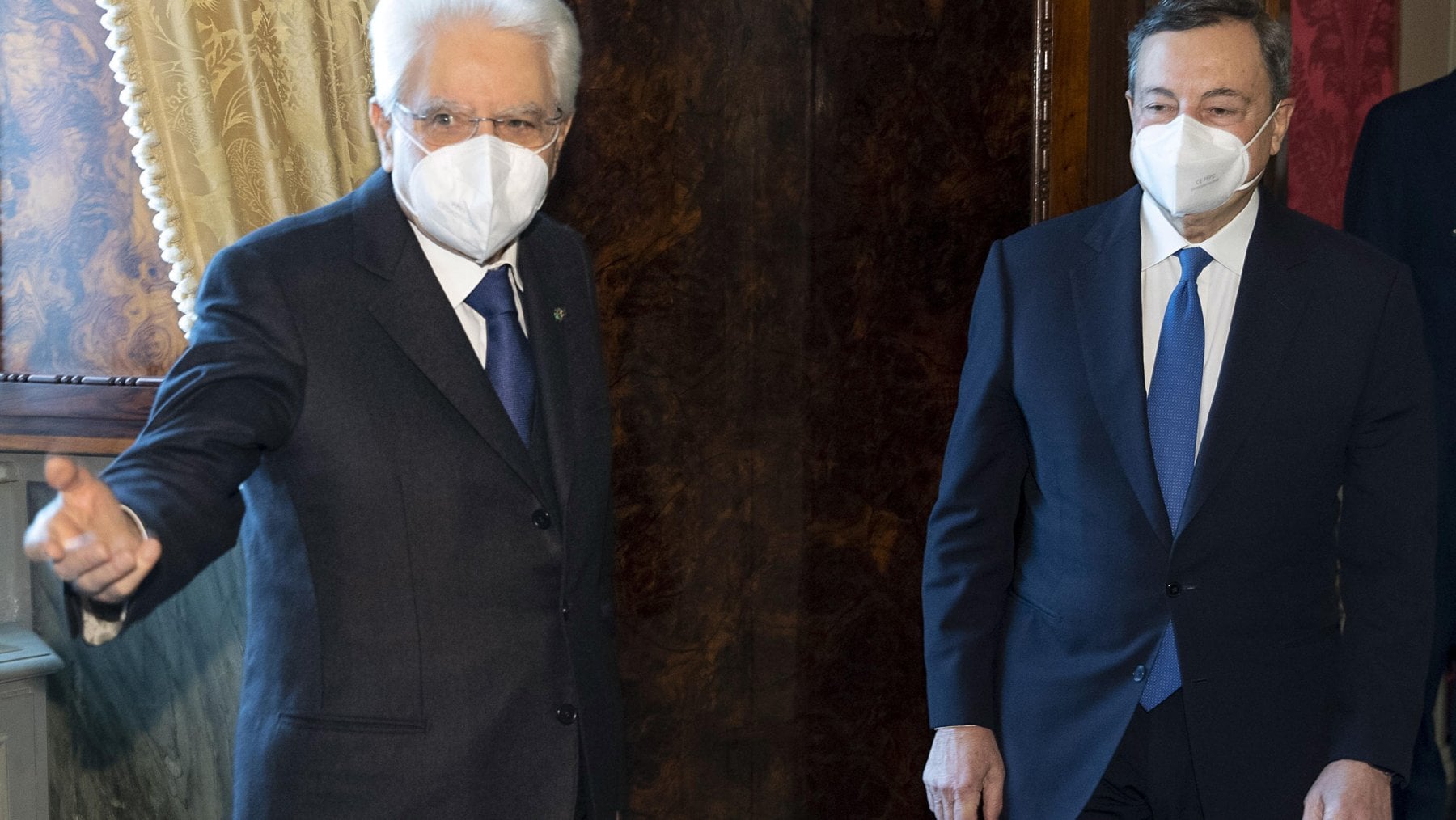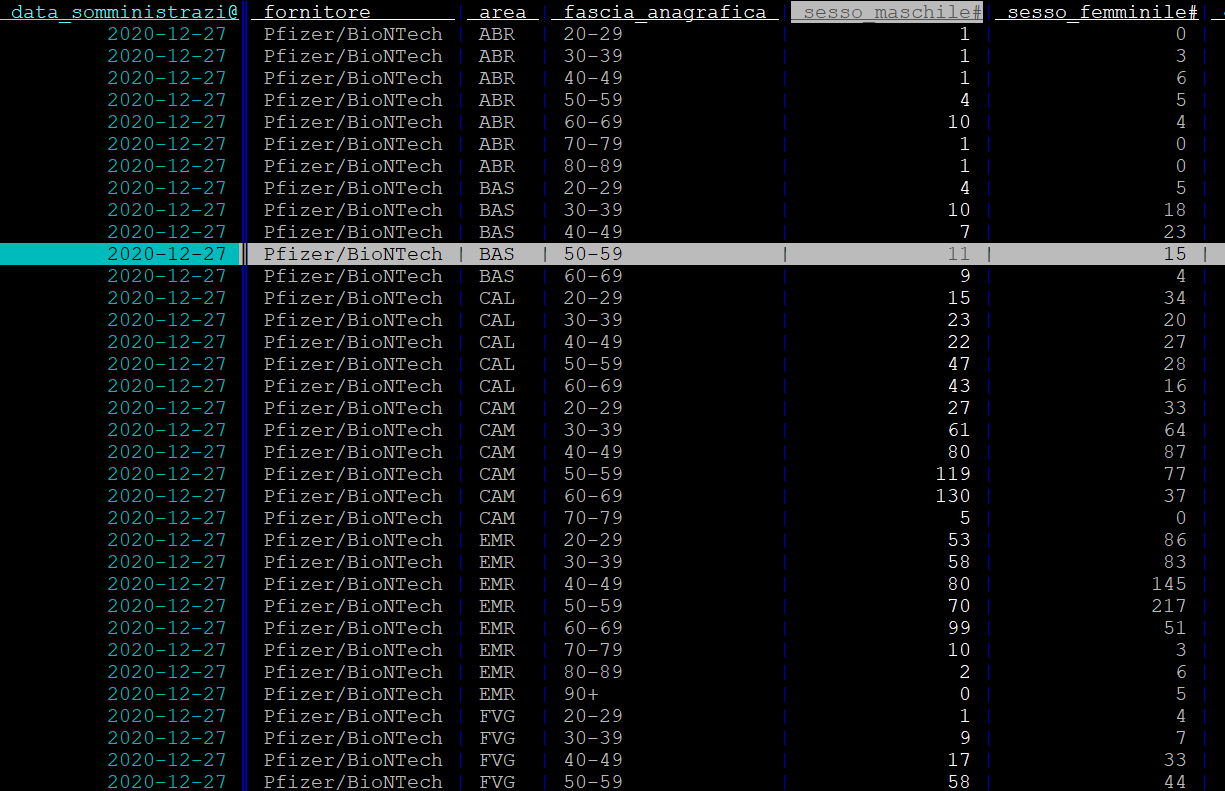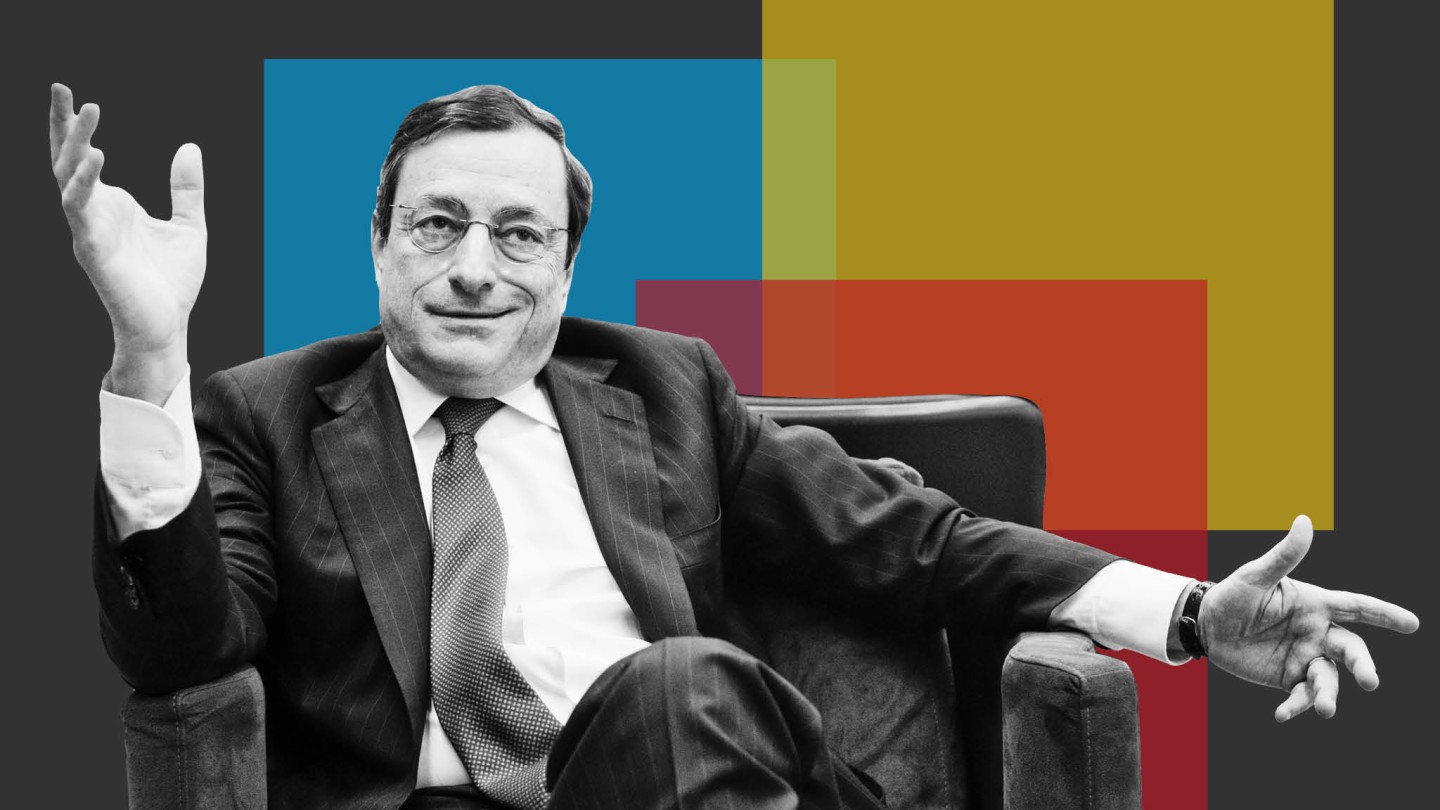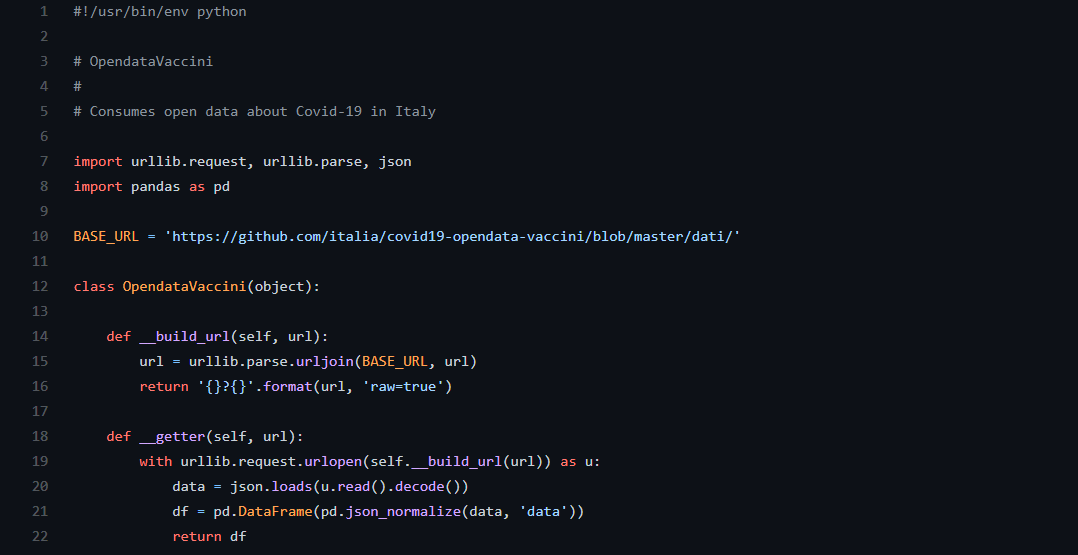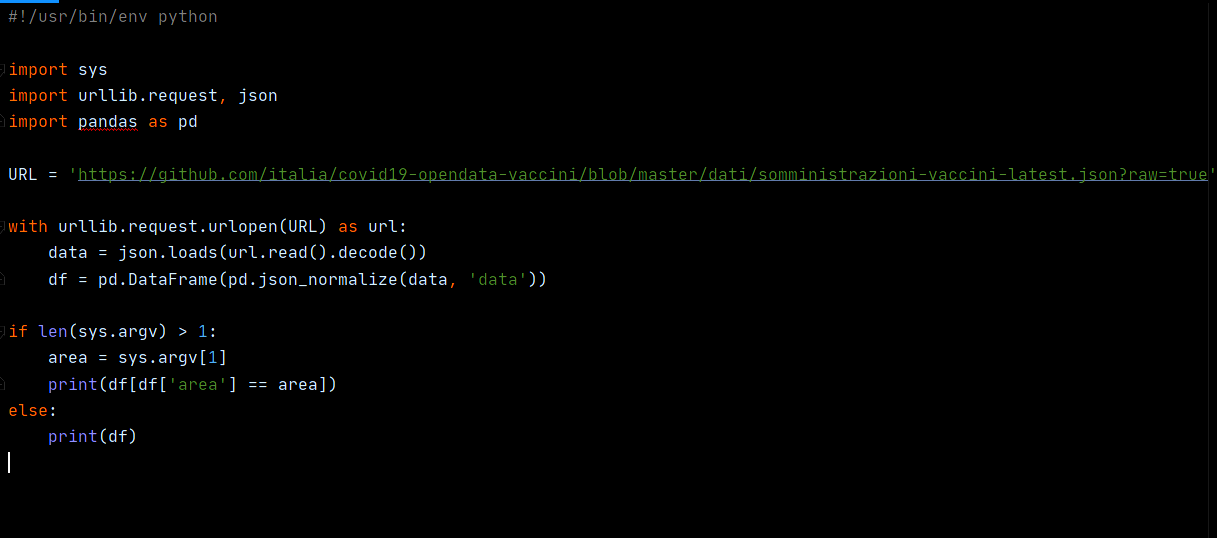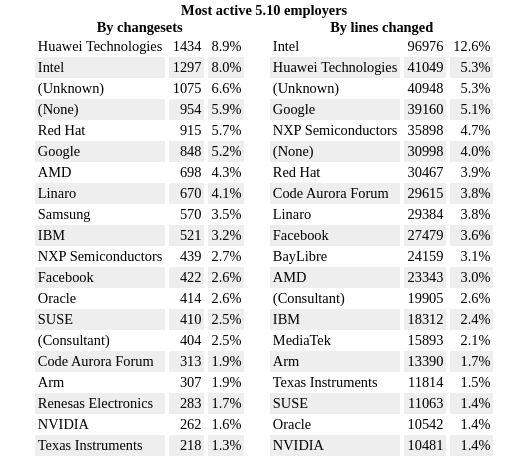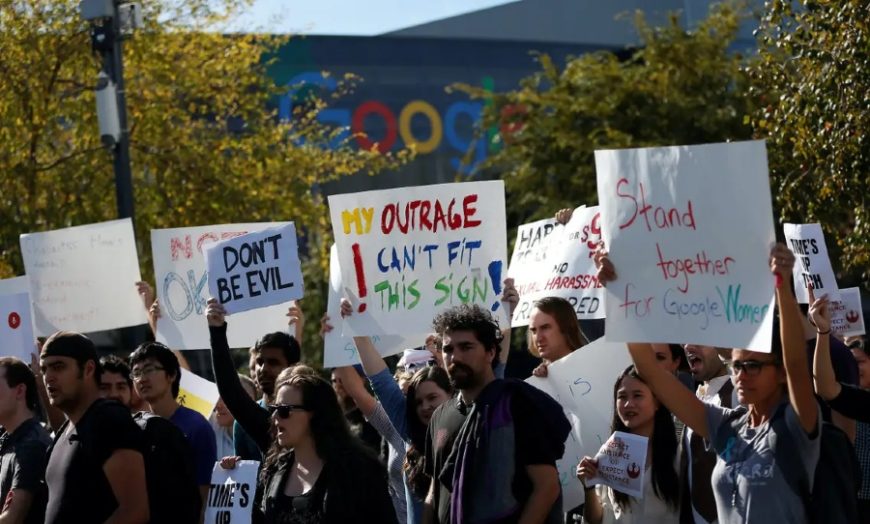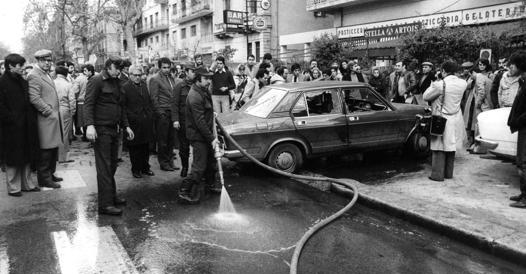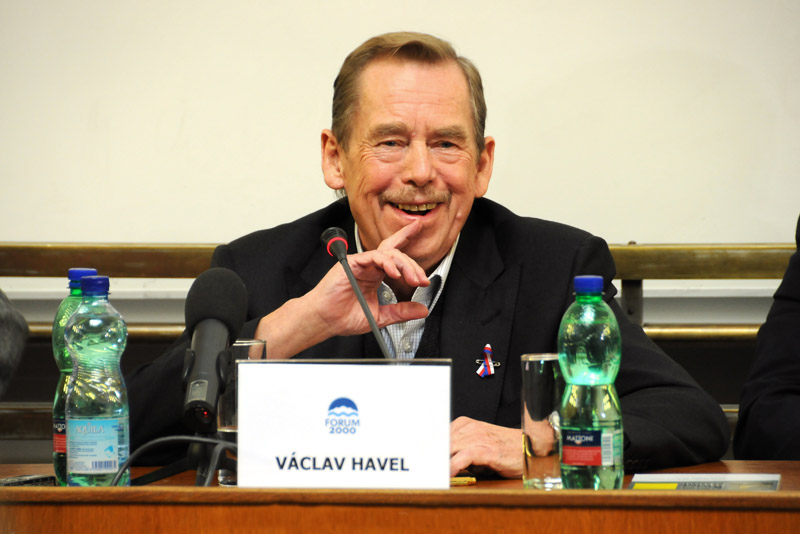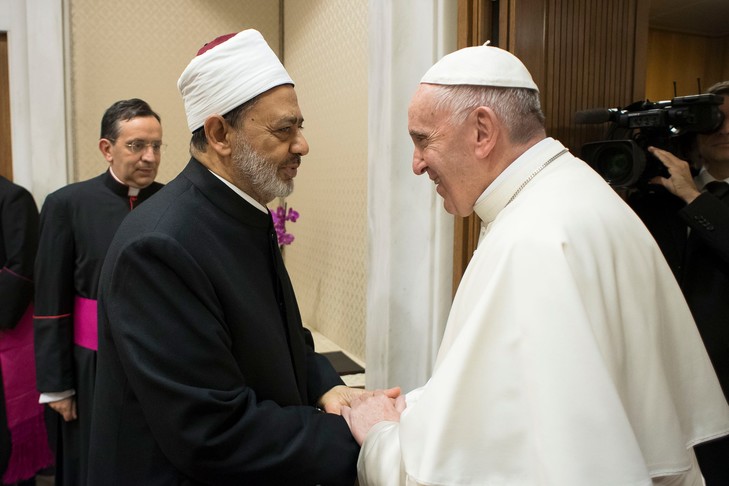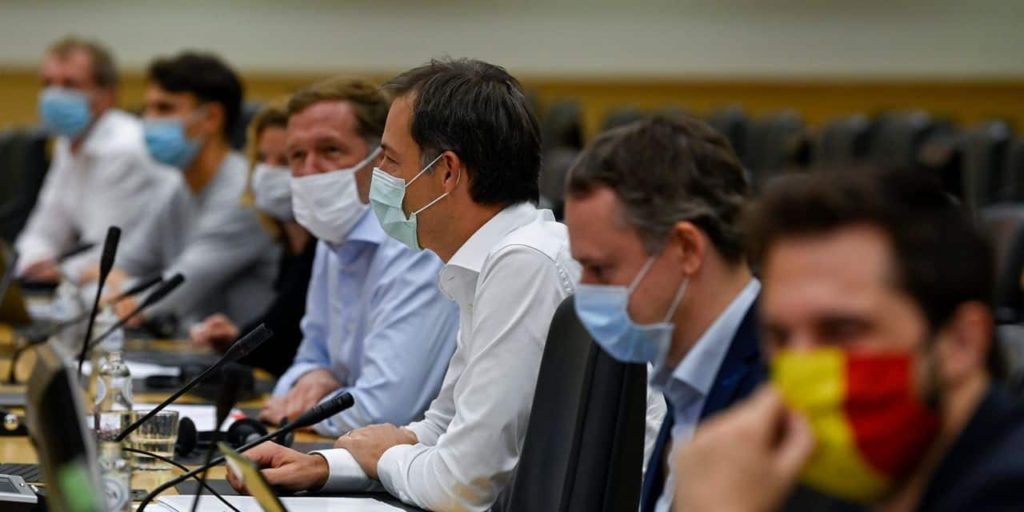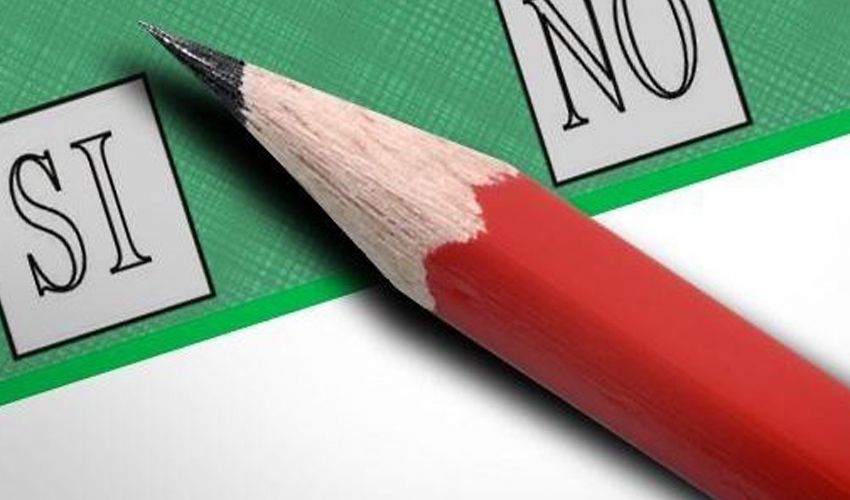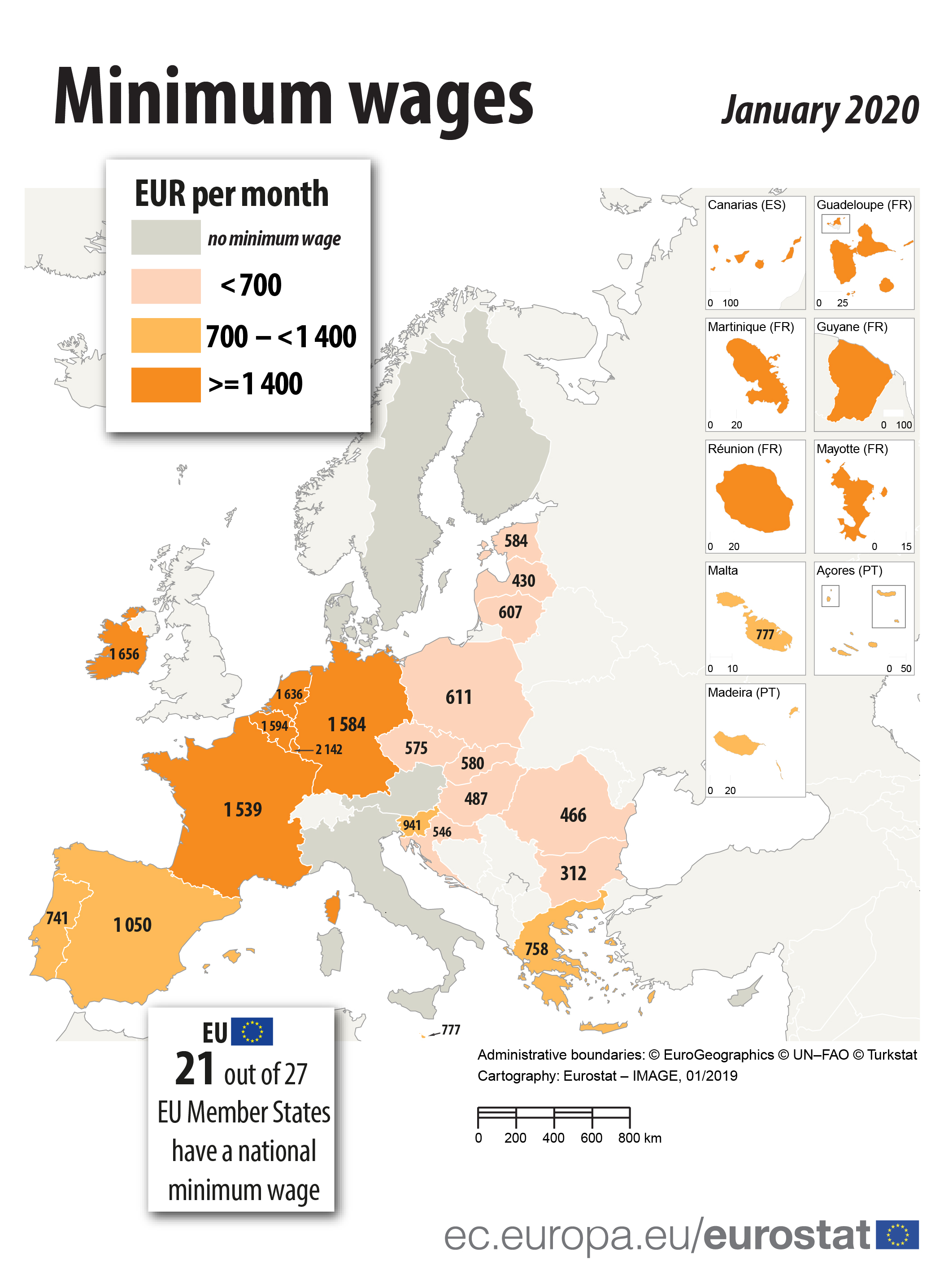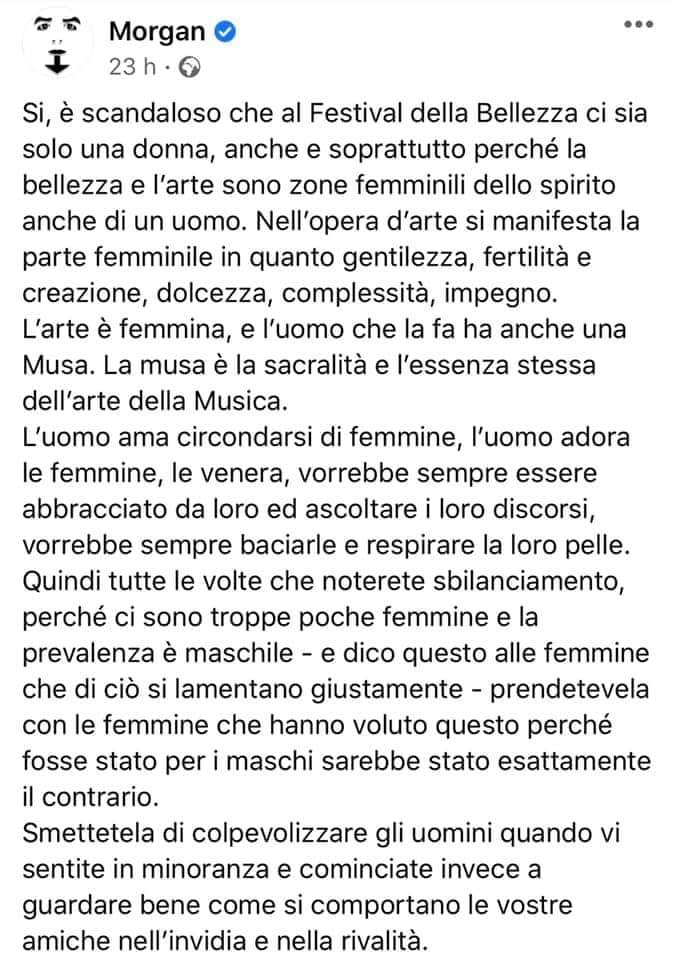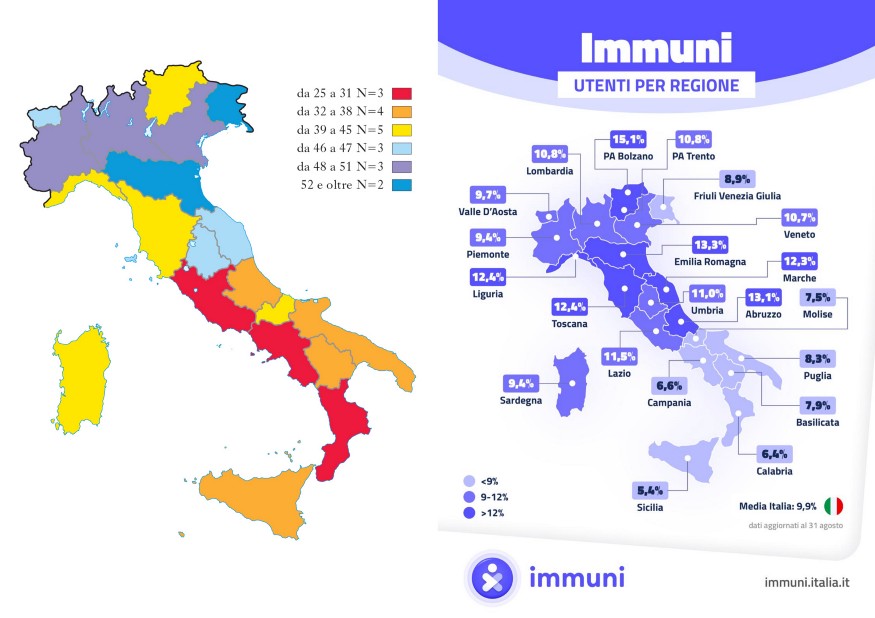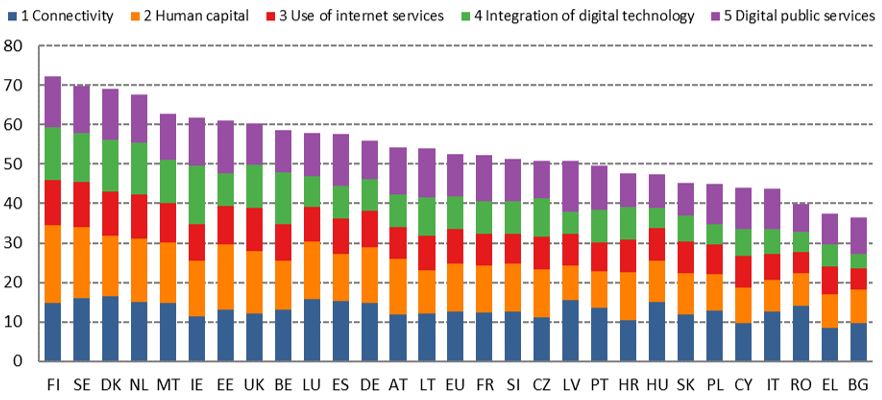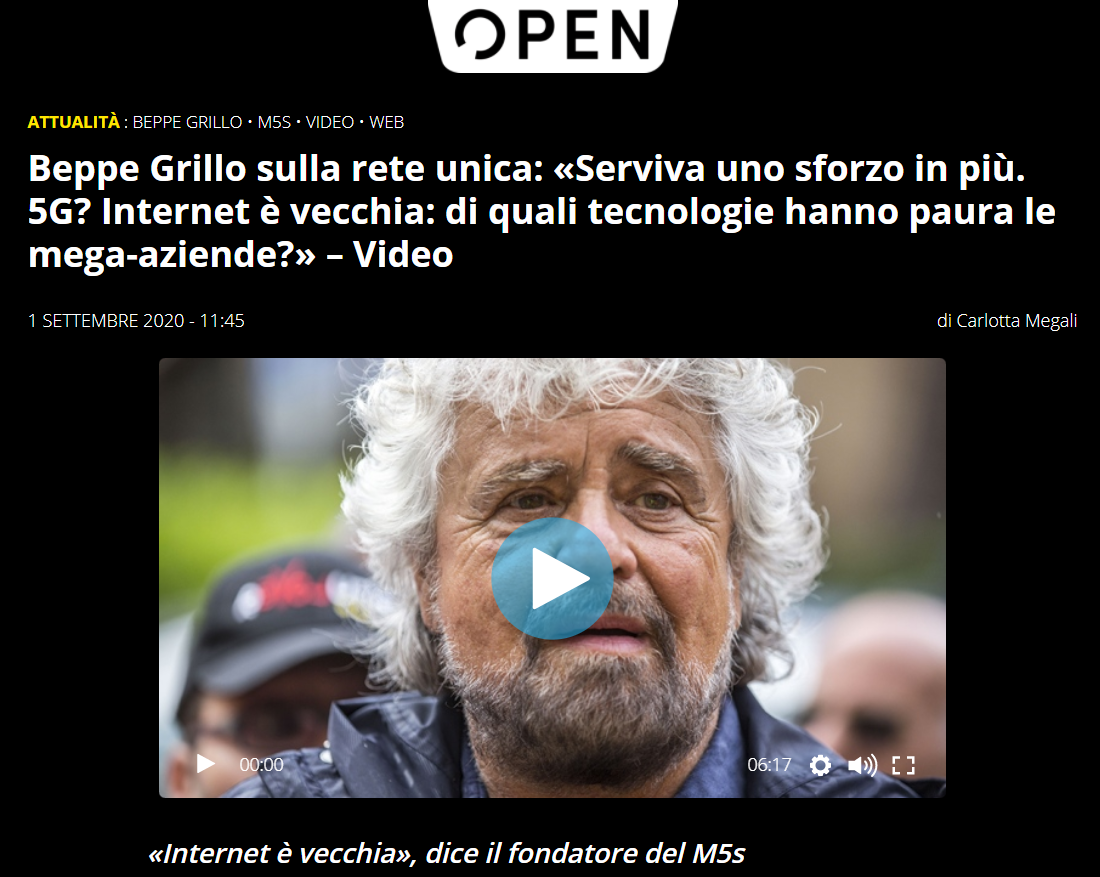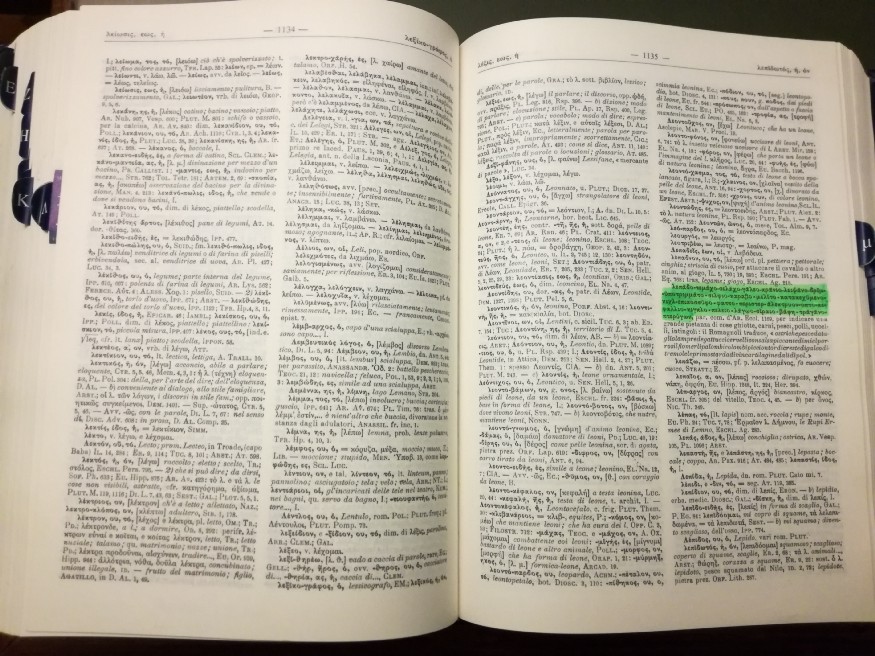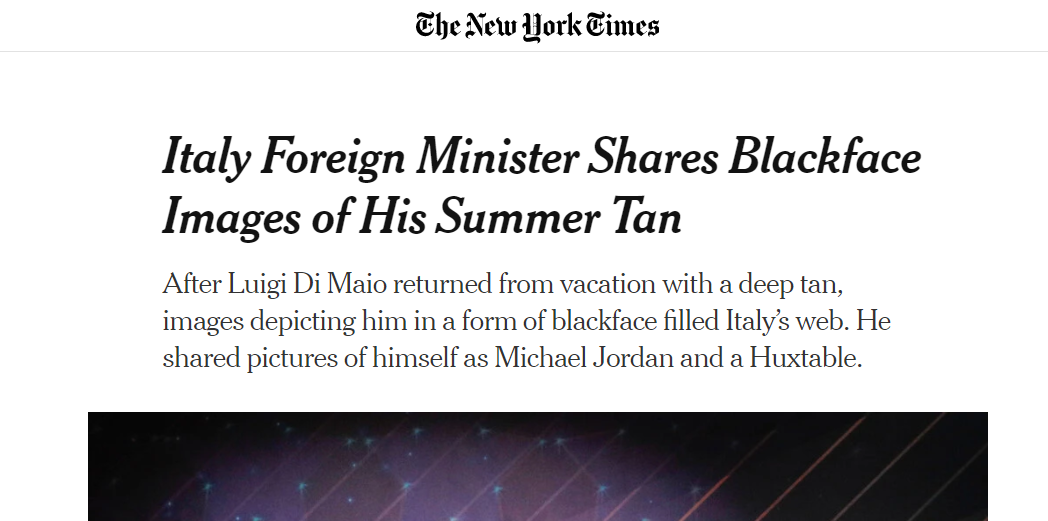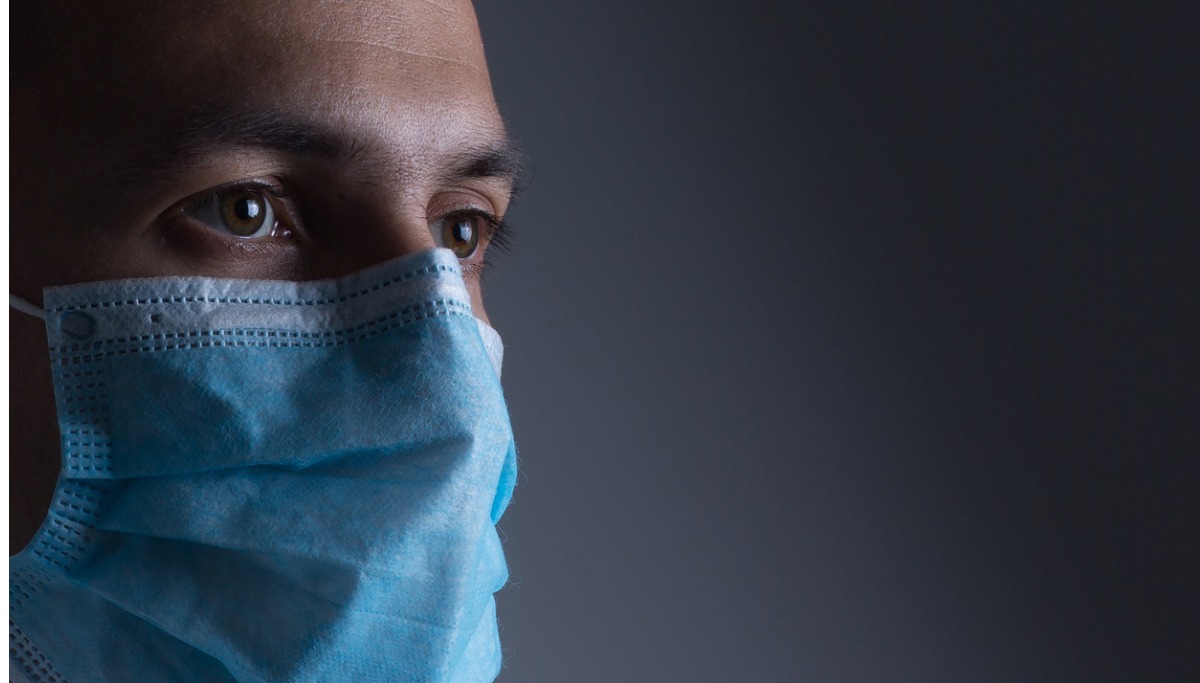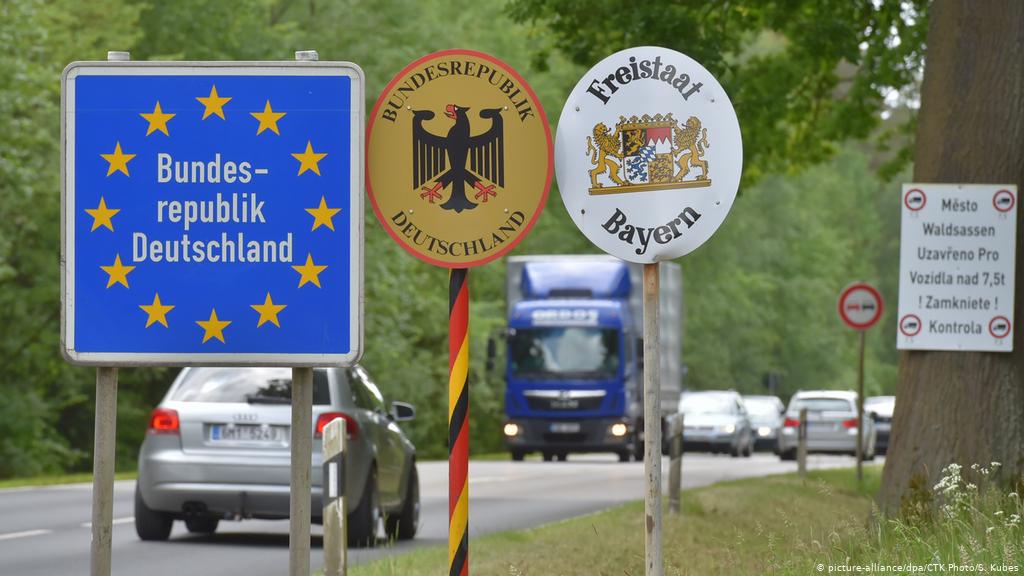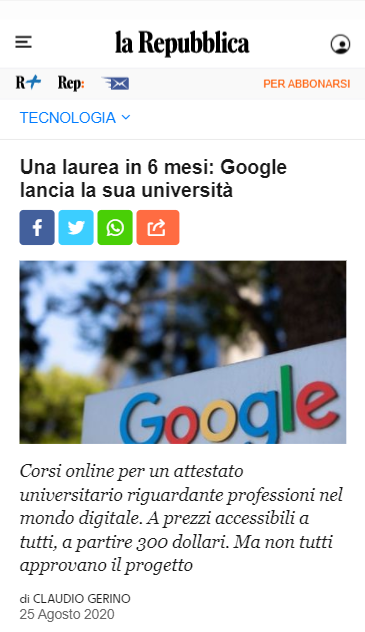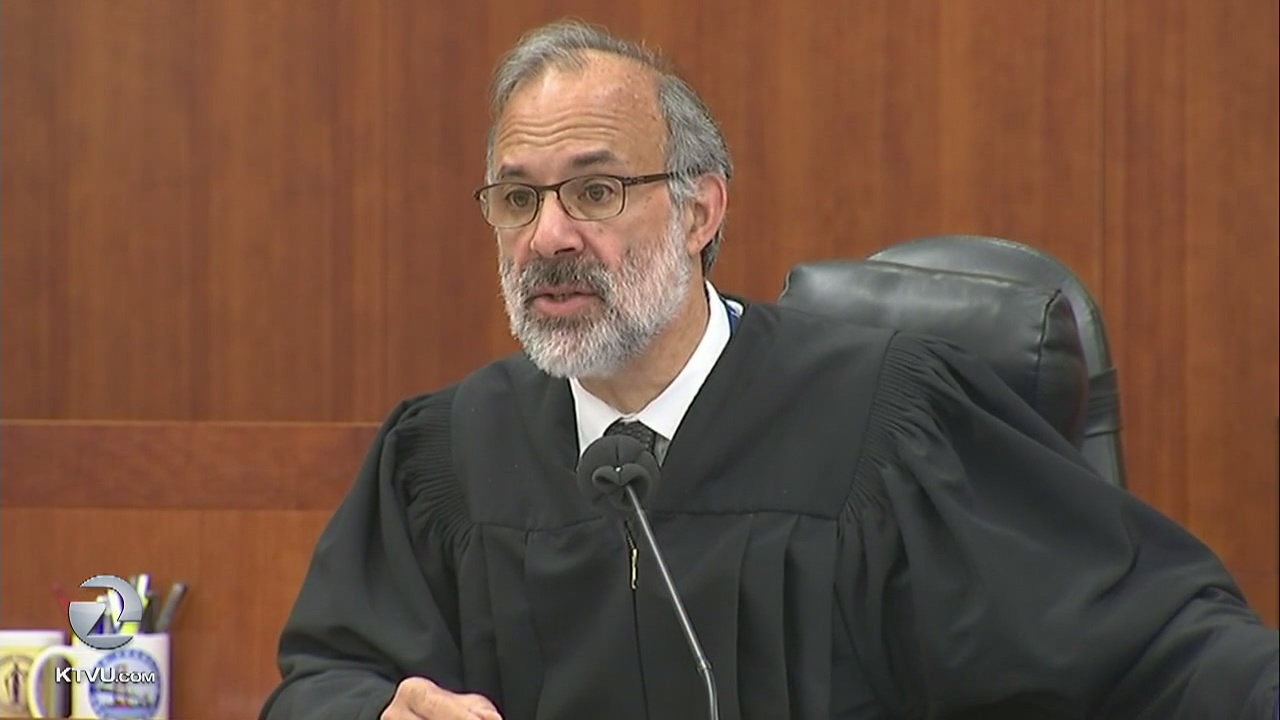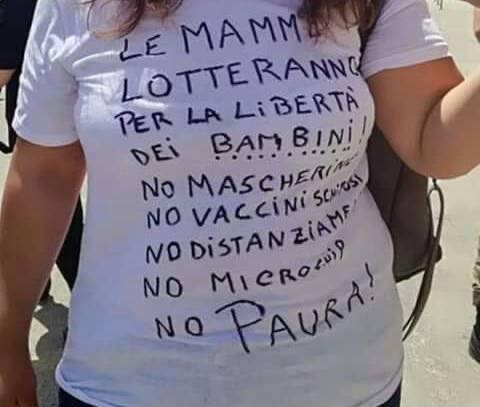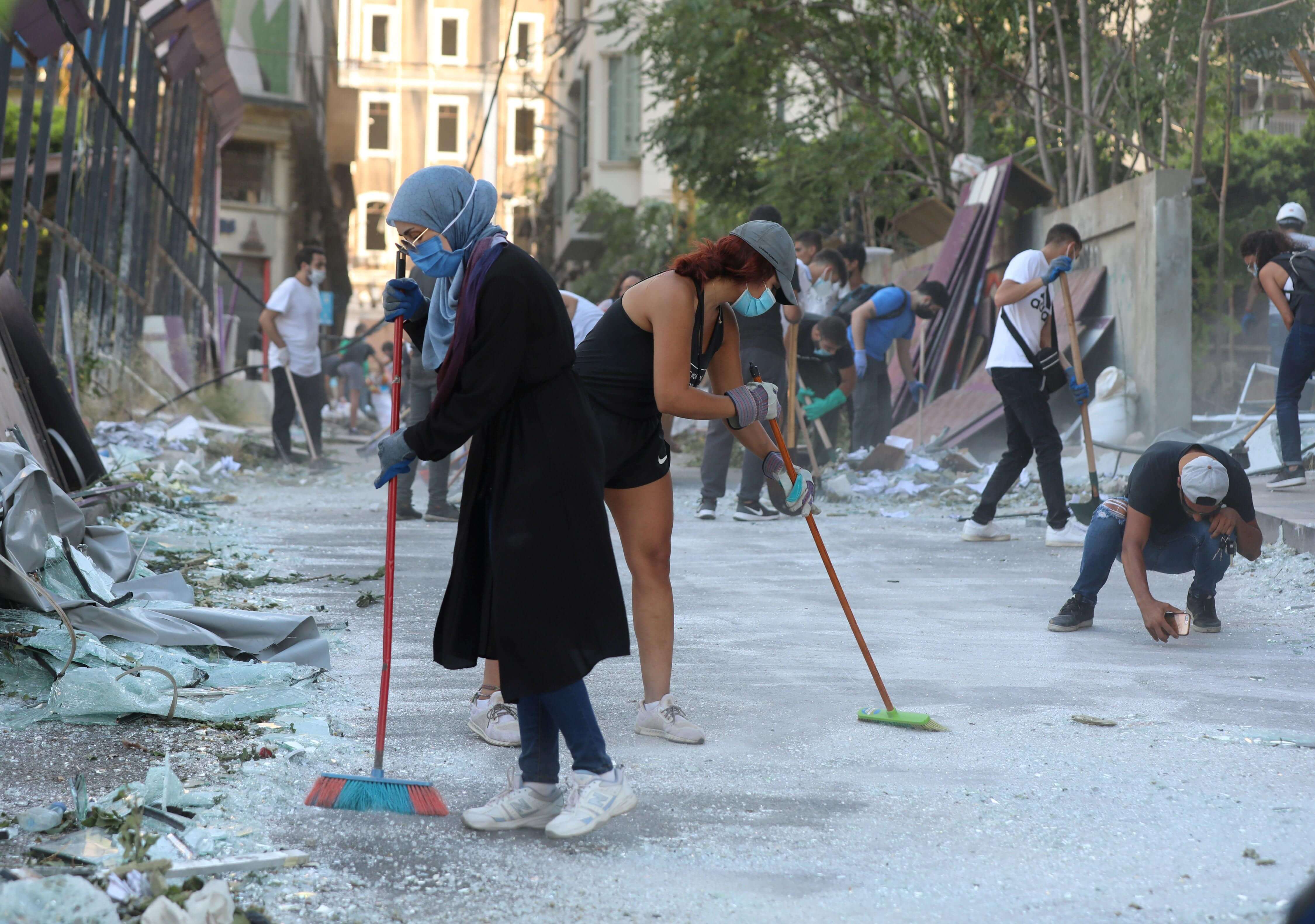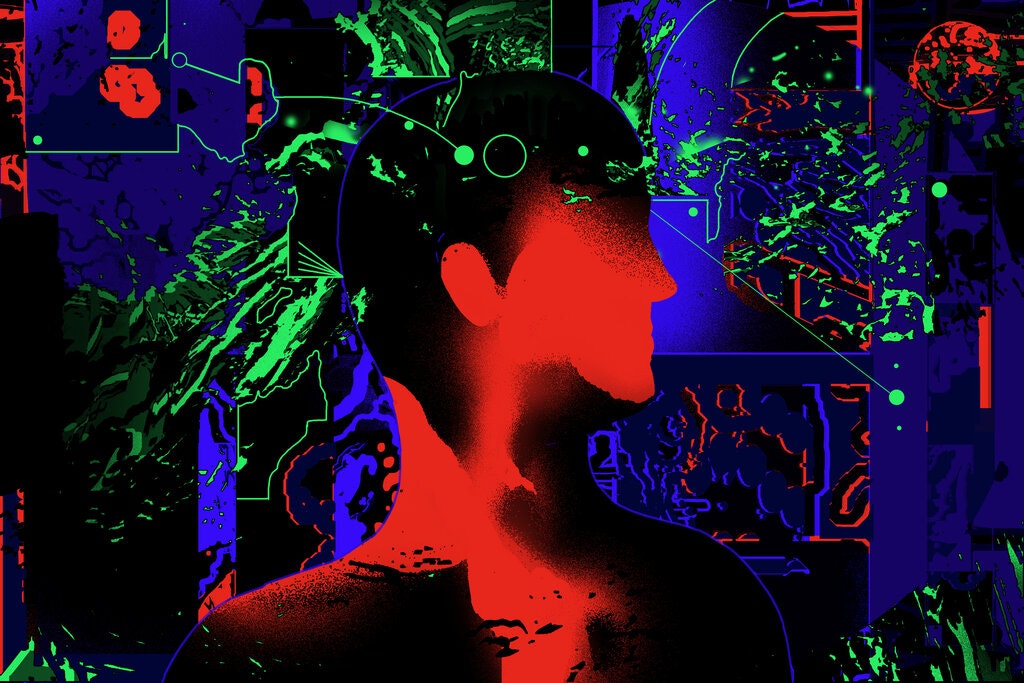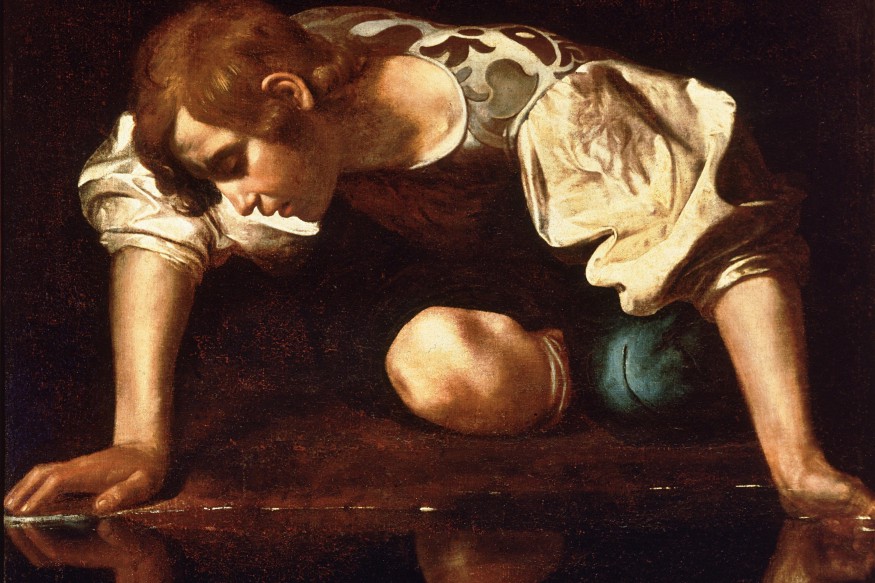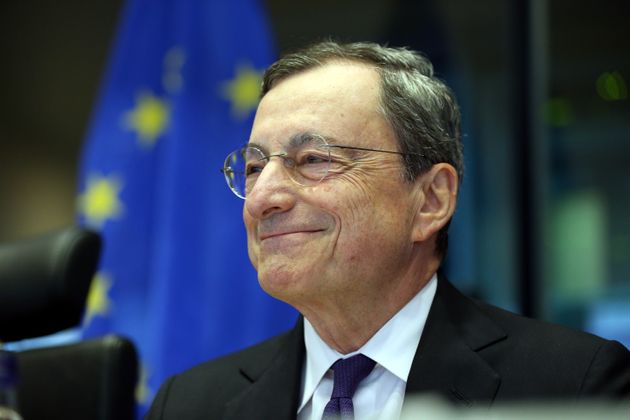
The pandemic has unleashed (or should I say rekindled) a massive conflict between generations. On the one hand, the Covid-19 is incomparably more threatening for the elderly, on the other it is the youngest who will pay, far and away, the highest price, due to a public debt looming larger and larger ahead, a plummeting job market and a long-lasting disruption in essential services like basic education. By the way, the latter has been out of order for several months on end in Italy, with no certainty as to its getting back in business.
Speaking of Italy, a couple of days ago a celebrated pundit already in his 80s, Vittorino Andreoli, declared in an interview that the youth must learn the “virtue of self-denial”. After all, the youth have already been a favourite with the many amateurs of a novel art form which has been flourishing these last few months. Nightclubbers, migrants, travellers abroad, even students have been the ideal targets for opinionated slacktivists and members of the intelligentsia alike, eager to find a scapegoat for the governments’ inability to tackle the pandemic.
I have also listened carefully to a speech deliver in Rimini by the former head of the ECB, Mario Draghi, with all its heartfelt appeal in favour of the youth. Truth be told, Draghi’s intentions were laudable: and yet, beyond the catchlines we also need concrete, accountable, effective political action, which I have not been able to spot to-date anywhere in Europe. No future whatsoever is even conceivable without a political programme whose very pivot are the youth, who are now bracing for the impact with a fast-changing world, whilst institutions and governments are yet to offer viable alternatives, or even a vision and a purpose.
